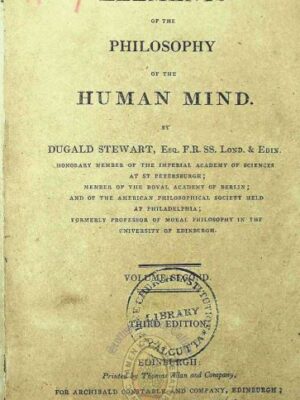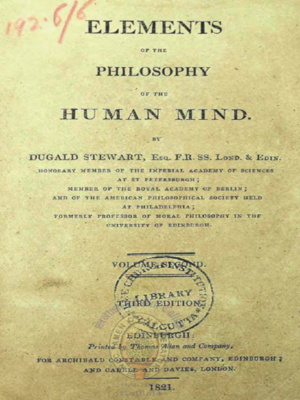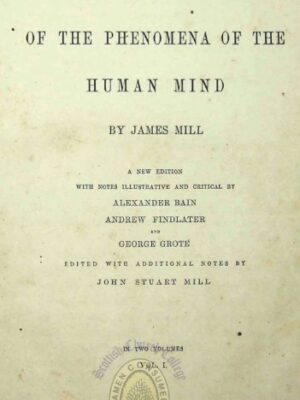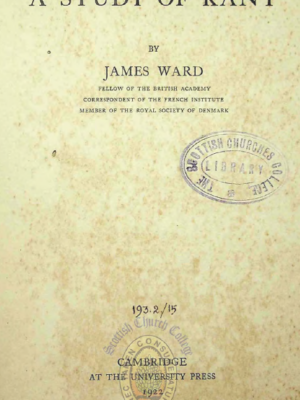Description
William James’s The Meaning of Truth (1909) serves as a continuation and clarification of his earlier work, Pragmatism. In this influential volume, James defends and elaborates on his pragmatic theory of truth, responding to critics and deepening his explanation of how truth functions as a process verified through practical experience. The book explores the relationship between belief, experience, and reality, positioning truth as something that evolves through human interaction with the world. Combining philosophical rigor with accessibility, The Meaning of Truth remains a cornerstone in American pragmatism and an essential text for students of philosophy and psychology.





